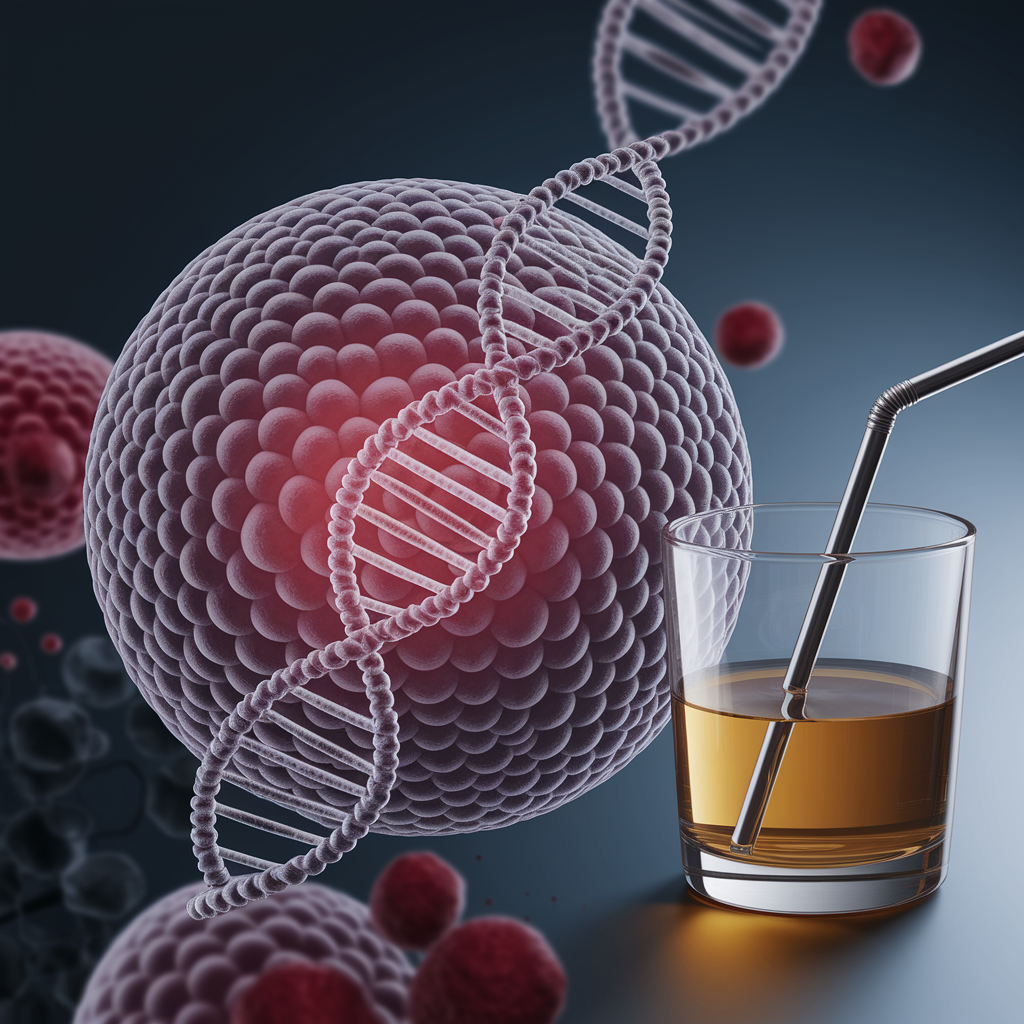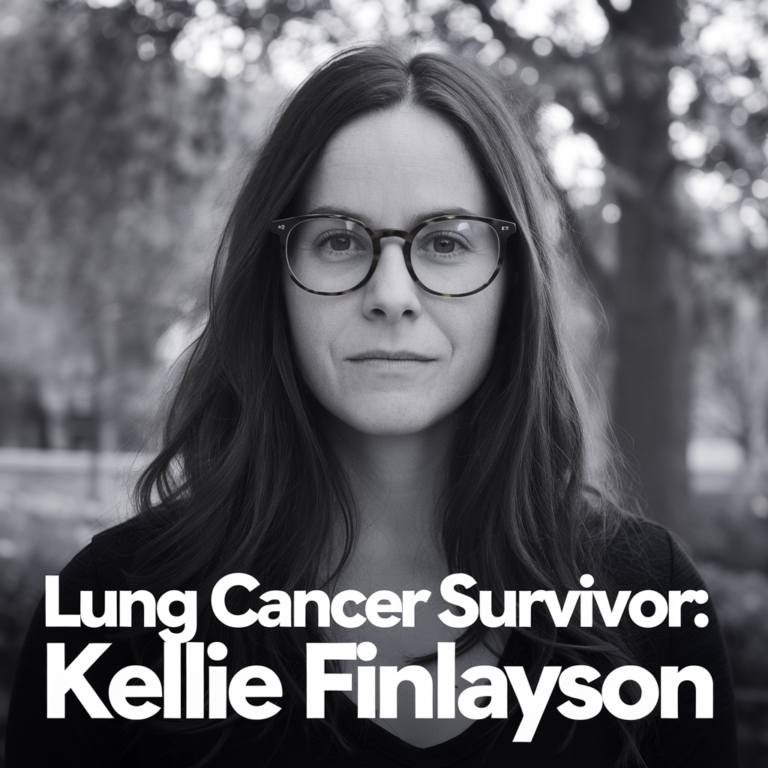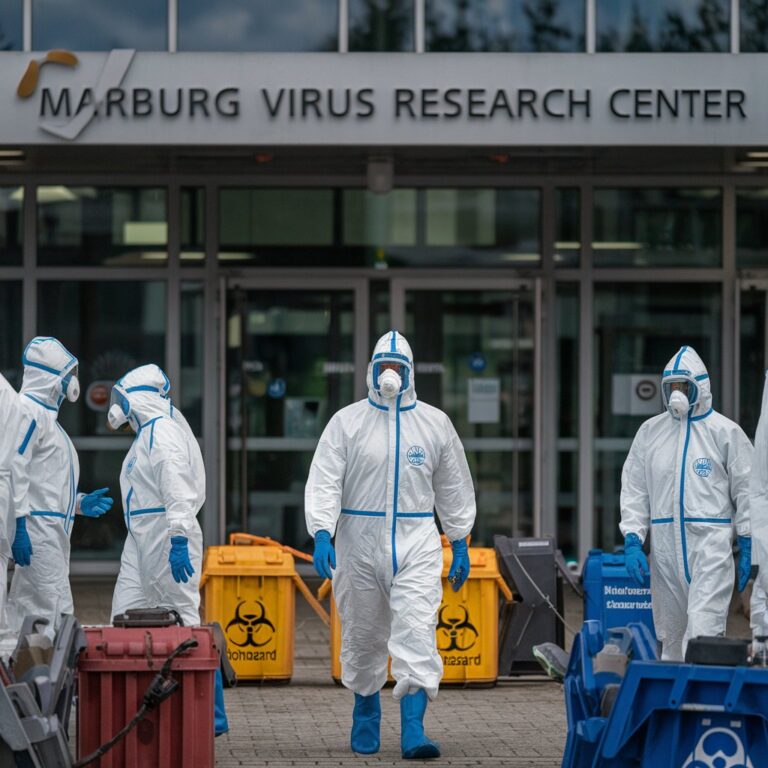The US Surgeon General Highlights Link Between Alcohol and Cancer

The United States Surgeon General has issued a renewed call to action on the connection between alcohol consumption and cancer, underscoring a critical public health concern that is often underestimated. This declaration aims to raise awareness and encourage proactive measures among Americans to reduce the risk of alcohol-related cancers.
Alcohol and Cancer: The Hidden Link
While alcohol consumption is often associated with liver damage or addiction, its role in cancer development is less widely acknowledged. Research from reputable health organizations, including the Centers for Disease Control and Prevention (CDC) and the World Health Organization (WHO), identifies alcohol as a carcinogen. The US Surgeon General emphasized that even moderate drinking can increase the risk of several types of cancer, including breast, mouth, throat, esophagus, liver, and colorectal cancers.
The link lies in how the body metabolizes alcohol. Ethanol, the primary ingredient in alcoholic beverages, breaks down into acetaldehyde, a toxic chemical that can damage DNA and hinder the body’s ability to repair it. Over time, this damage accumulates, heightening the risk of cancer development.
Alarming Statistics
According to recent studies cited by the Surgeon General, approximately 3.5% of all cancer deaths in the U.S. are attributable to alcohol consumption. This statistic translates to thousands of preventable deaths each year. Alarmingly, even light to moderate alcohol use has been shown to increase cancer risk, particularly for breast cancer in women.
For example, women who consume one alcoholic drink per day have a 5–10% higher risk of developing breast cancer compared to those who abstain. For heavy drinkers, this risk can rise significantly. Similarly, men and women who consume alcohol regularly are at a heightened risk of developing cancers of the digestive system.
Surgeon General’s Recommendations
In light of these findings, the US Surgeon General has called for increased public awareness campaigns and more stringent labeling requirements for alcoholic beverages. The goal is to help consumers make informed choices about their drinking habits.
The Surgeon General also advocates for incorporating alcohol education into cancer prevention strategies. Public health initiatives may include promoting low-risk drinking guidelines and expanding access to resources for those struggling with alcohol dependency.
Steps to Reduce Alcohol-Related Cancer Risks
Reducing alcohol consumption is one of the most effective ways to lower the risk of alcohol-related cancers. The Surgeon General suggests practical steps such as:
- Limiting Intake: Follow recommended guidelines, such as no more than one drink per day for women and two for men.
- Exploring Alternatives: Opt for non-alcoholic beverages or mocktails in social settings.
- Seeking Support: Those finding it challenging to reduce alcohol consumption should seek counseling or join support groups.
The Bigger Picture
The Surgeon General’s message is part of a broader effort to shift cultural attitudes toward alcohol. Similar to the campaigns addressing smoking and its connection to cancer, the hope is to instill a deeper understanding of the risks and encourage healthier behaviors.
By shedding light on the link between alcohol and cancer, the Surgeon General aims to spark a national conversation. Taking proactive steps today can significantly reduce the burden of cancer tomorrow.






